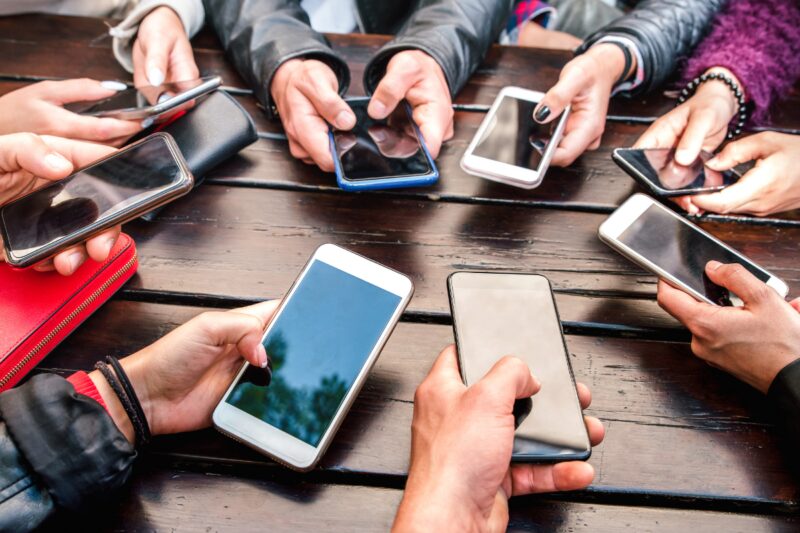Social media is a popular tool that helps people to stay connected with their friends and family all over the world. However, there are also many negative effects of using these platforms.
According to a study, people who spend too much time on social media are more likely to suffer from depression, anxiety, and other mood disorders. They also have a higher risk of suicide.
Social Media and Mental Health
We often think of social media as a bad thing that can lead to feelings of loneliness and depression. But new research suggests that it can actually help improve mental health.
One of the most powerful effects of social media is the ability to connect with others online. This can help people overcome feelings of isolation and increase their sense of self-esteem.
Another positive effect of social media is that it can encourage people to seek a therapist for help with their mental health. Many people have found that their anxiety or depression can be alleviated when they seek out a therapist.
A recent study also found that young adults who limit their use of Facebook, Instagram, and Snapchat for 30 minutes each day have improved well-being. This is because people who limit their use of these social media platforms are able to focus on their relationships and other aspects of their lives that may be more important to them.
Social Media and Relationships
Social media has become a vital tool for keeping up with friends, family, work, education and more. However, it can also have a negative impact on relationships.
In particular, partnered adults who share more on social media than with their partner are likely to feel disconnected in the relationship. This can lead to feelings of insecurity, resentment and mistrust.
It’s important to know the impact of social media on your relationships so that you can find a balance and avoid negative impacts.
One way to improve your relationship is by limiting your time on social media and spending more time in person with your loved ones. By putting your phone down and focusing on the people around you, you’ll have a more fulfilling, meaningful life.
Social Media and Education
In today’s world, students and teachers are becoming more technologically savvy than ever before. This is why social media plays such an important role in education.
Social media can connect students and foster a sense of community. This is particularly important because it helps people from different cultures, backgrounds, and beliefs come together to share common interests.
Another great thing about social media is that it can help students gain new communication skills and spread positive messages. For instance, TikTok has become a huge platform for teens and young adults to reach thousands of people on a daily basis.
Social media can also be used to help students learn at their own pace and deepen their understanding of critical concepts. It can also promote interactive learning activities like debates and class discussions.
Social Media and Work
Many Americans use social media, and it’s a powerful tool to connect with friends and family. However, it can also be a distraction and cause cyber-bullying or other types of harassment.
In some cases, using social media while at work can cause poor job performance. In addition, it can create privacy concerns.
Fortunately, there are ways to manage the impact of social media on the workplace. The first step is to create a social media policy.
It should clearly state the acceptable standards of behavior, and what sanctions could be imposed for breaches.
Workers who are regulated by their employers’ social media policies are much less likely to use their phones for personal purposes while on the job, compared with those whose workplaces do not have such regulations. They are also more likely to use social media to stay connected with family and friends, develop their professional network, and help solve work problems.



